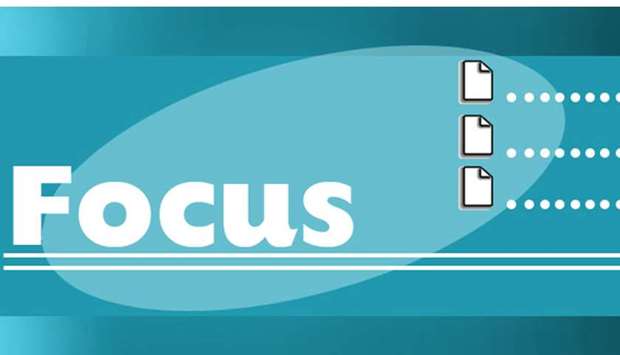An election security expert allayed fears of any voter fraud in the US stressing that many independent studies and government reviews found it to be extremely rare in all forms, including mail in voting.
“At this juncture voters should feel confident that safeguards are in place to protect their votes from cyber-attacks and technical problems that could arise for the November 2020 presidential election,” David Levine, elections integrity fellow at Alliance for Securing Democracy (ASD), said.
ASD, a bipartisan initiative of the German Marshall fund of the US, brings together experts on disinformation, maligned finance, emerging technologies, election integrity, economic coercion, and cybersecurity, as well as regional experts to support election security.
Levine was speaking to journalists at the Virtual Reporting Tour (VRT) press briefing recently. VRT, being organised by the US Department of State in collaboration with Meridian International Centre, is an eight-week programme for more than 225 journalists, including those from the Middle East, to cover the upcoming US elections remotely.
“We’ve had mail-in voting right in the US since the Civil War. We’ve seen state and local election officials across the political spectrum that have some form of mail and voting, that exists. And we’re of course expecting a record number of voters to be able to cast ballots by mail,” he said.
Levine also discussed how US elections are administered, from pre-election and election to post-election activities, and has remained more resilient.
While a record number of people will vote by mail this election, he said a large number is expected to vote in person.
Election officials have taken a number of steps to ensure that in-person voting will not be stopped even in the event of cyber-attacks, election technology malfunctions, or other disruptions.
“One example is that there’s more early in-person voting than there’s ever been and that’s really important because if there’s more voting spread over more days, and locations, and more times, that helps ensure that an attack against or failure in the infrastructure on any particular day is less likely to disenfranchise large numbers of voters,” Levine explained.
“If there’s a problem during early voting, voters might be able to opt to come back later, and of course, the more folks who vote early, the fewer voters that might be affected or would be effected by an election day disruption,” he added.
Levine said there are still some opportunities for states to make their systems more robust until November.
“And since the 2020 presidential election, including the last few months, there’s been substantial progress made to implement the kind of backup and security features that should allow all voters to cast ballots that will be counted even in the event of a successful cyber-attack or other unforeseen system failure,” he said, adding that they have seen mail ballot improvements that have taken place across the US.
More states have valid tracking tools, allowing voters to track where their mail ballot process is with regards to the US Postal Service system, according to Levine.
He underscored the importance of educating voters, especially in the face of disinformation and misinformation during this election season.
“Of all the election misinformation this year, false information, false and misleading information about voting by mail has been among the most rampant. According to Zignal Labs, a media insights company, of the 13.4mn mentions of voting by mail between January and September of 2020, nearly a quarter of them were misinformation or appeared to be,” Levine said.


